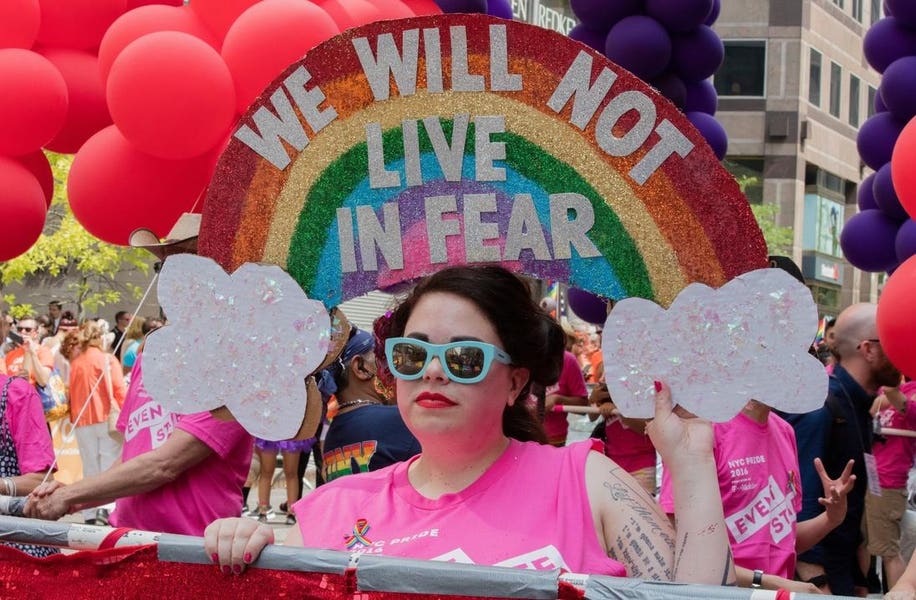
The UK has been rocked in recent weeks with media stories regarding the increasing levels of violence towards the trans community. Hot on the heels of the conviction of Brianna Ghey’s murderers comes yet another attempted murder, a teenager has been stabbed 14 times at a party. These crimes are the inevitable end point of legitimized hostility, of a culture in which the right for trans people to exist is debated as a matter of opinion and extremist content is viral. The UK Home Office reported a rise in trans hate crime of 11%, admitting this is likely caused by the hostile climate and ‘culture war’ narratives in media, politics, education and online.
Neurodiversity Is Trans-Inclusive
Transphobia is linked to “Biological Determinism” a philosophical position that our lives, personalities and characteristics are determined at conception, by our genes and our biological sex. Biological determinism underpins eugenics and racism, it underpins the idea that our intelligence is the limit of our capacity and diminishes the influence of culture, nurture, trauma and positive mindsets. By believing that an individual should not have the right to chose the gender norms that they subscribe to or to deny a binary gender, or to support their choice with medical assistance, we are taking a biological deterministic stance.
Similarly, by ascribing a neurodivergent profile as inherently deficient, or broken, and using this to justify a lack of education and opportunity, we are taking a biologically deterministic approach. These positions rob society of the creativity, skills, and innovation that unusual thinking can contribute to the world. They are also contrary to scientific thinking within both neuroscience and social science which acknowledges the role of gender as determined externally before an individual has an understanding of their biological sex, and a gender identity as something which is acquired, rather than predetermined.
The Neurodivergent Community Includes Transgender People
Study after study has found that there are higher levels of transgender and non-binary people in neurodivergent communities and higher levels of neurodivergence in trans and non-binary communities. The causal mechanisms for this are not known, but likely involve the role of sex hormones on the development of the brain, as moderators of neurotransmitters known to play a role in neurodivergence.
Irrespective, the impact is clear: double adverse impact and marginalization. In the workplace, we cannot ignore this overlap if we want to be neuroinclusive. To accept one aspect of an employee’s identity whilst ignoring another is hurtful, breeding psychological unsafety and increasing the requirements to mask one or both aspects, which in turn leads to burnout.
Solidarity Statements
Solidarity statements by employers proliferated in 2020, after the murder of George Floyd in the USA. However, research shows that to be effective, they need to acknowledge participation in systemic exclusion (racism in this case) and signpost action from senior management. Follow up actions need to be aligned, sincere and participatory. You need to collect and transparently report data from within your organization and focus on making tangible change. However, even acknowledging the impact that news and events are having on your employees is a great place to start. Now is the time for solidarity with the trans community, we need to signal safety at work and we need to back it up when pushed. The workplace is not the venue for culture wars, it is a space where we focus on what a person can do, can bring, not policing or discriminating who they are. Neuroinclusion is increasingly popular, but we cannot be neuroinclusive without support for the transgender community.



